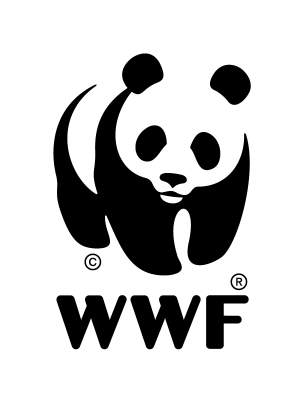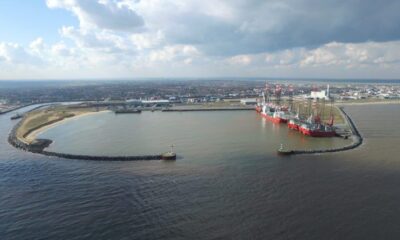

Environment
Almost a third of all natural World Heritage Sites under threat of oil, gas and mining exploration
Almost a third of all natural World Heritage Sites has the threat of oil, gas and mining exploration hanging over it, according to a new report. This threat rises to an alarming 61 per cent in Africa. Natural World Heritage Sites are places of outstanding natural value, such as the Grand Canyon, the Great Barrier Reef, and the Selous Game Reserve in Tanzania.
The new assessment – in a report called Safeguarding Outstanding Natural Value, produced by WWF, Aviva Investors and Investec Asset Management – puts the risk at a higher level than previously thought. The report also brings to light the risk to investors of involvement with extractives companies working, or intending to work, in or near these special places.
Covering less than one per cent of the planet and containing outstanding natural value such as iconic landscapes and species, natural World Heritage Sites are in increasing danger of exploitation and irreparable damage, which in turn damages the communities who depend on these amazing places for their livelihoods. Furthermore, natural World Heritage Sites are home to some of the rarest and most treasured animals on Earth, such as mountain gorillas, African elephants, snow leopards, whales and marine turtles.
The threat level relates to active operations by extractive companies, or intrusion that may come as a result of concessions for exploration of minerals or oil and gas overlapping these sites.
Investors are being warned in the report of their risk exposure if they back the companies involved, both in terms of financial risk and threats to their reputation; in short, there is too much risk for not enough reward in this case.
Potential financial backers are being urged in the document to:
– Ensure they are aware of whether those they are (or are considering) investing in have concessions or operate within natural World Heritage Sites;
– Engage directly with extractive companies that are active in or near these sites to encourage them to change their plans;
– To consider divestment from these companies if progress is not made to leave the site, and to disclose when they’ve divested and why.
Alternative and sustainable development of natural World Heritage Sites is proposed as a far better solution to safeguard the futures of both natural resources and local, national and global communities. If the sites and their ecosystems remain intact, these unique places can provide long-term, significant benefits;
– 93 per cent of natural World Heritage Sites deliver recreation and tourism benefit;
– 91 per cent provide employment and;
– 84 per cent contribute to education.
WWF is calling on investors to use the evidence in the report to engage with the extractive sector at industry level to encourage the wider adoption of ‘no go’ and ‘no impact’ commitments for natural WHS, and for companies to proactively disclose active, existing, or intended activity within, or adjacent to, natural World Heritage Sites.
WWF-UK’s Chief Executive David Nussbaum said “We are going to the ends of the Earth in pursuit of more resources – resources, including minerals, oil and gas, that are becoming more difficult and more expensive to extract. Some of the world’s most treasured places are threatened by destructive industrial activities that imperil the very values for which they have been granted the highest level of international recognition: outstanding natural value.
“Protecting these iconic places is not only important in terms of their environmental worth; it is crucial for the livelihoods and future of the people who depend on them. Working with industry leaders such as Aviva and Investec will help us to get this message out to the wider finance industry. Investors have a unique opportunity, and indeed responsibility, to be stewards of capital and shape our future.”
Euan Munro, CEO of Aviva Investors, added “We have welcomed working together with WWF and Investec on this report. We place significant store on our portfolio managers taking wider environmental, social and governance issues into account in their investments. Mismanaged, these can lead to catastrophic loss of value for long term investors. This report provides the information we need to make better decisions and encourage others to do the same.”
Investec Asset Management’s CEO, Hendrik du Toit said “We support the need for further awareness and clearer disclosure by extractive companies on their exposure to these areas to better inform investment decisions. It will also allow investors, such as ourselves, to engage more effectively with companies and be better placed to address our responsibilities toward our clients who are concerned about this pressing issue.”


 Environment11 months ago
Environment11 months agoAre Polymer Banknotes: an Eco-Friendly Trend or a Groundswell?

 Features10 months ago
Features10 months agoEco-Friendly Cryptocurrencies: Sustainable Investment Choices

 Features11 months ago
Features11 months agoEco-Friendly Crypto Traders Must Find the Right Exchange

 Energy10 months ago
Energy10 months agoThe Growing Role of Solar Panels in Ireland’s Energy Future





























